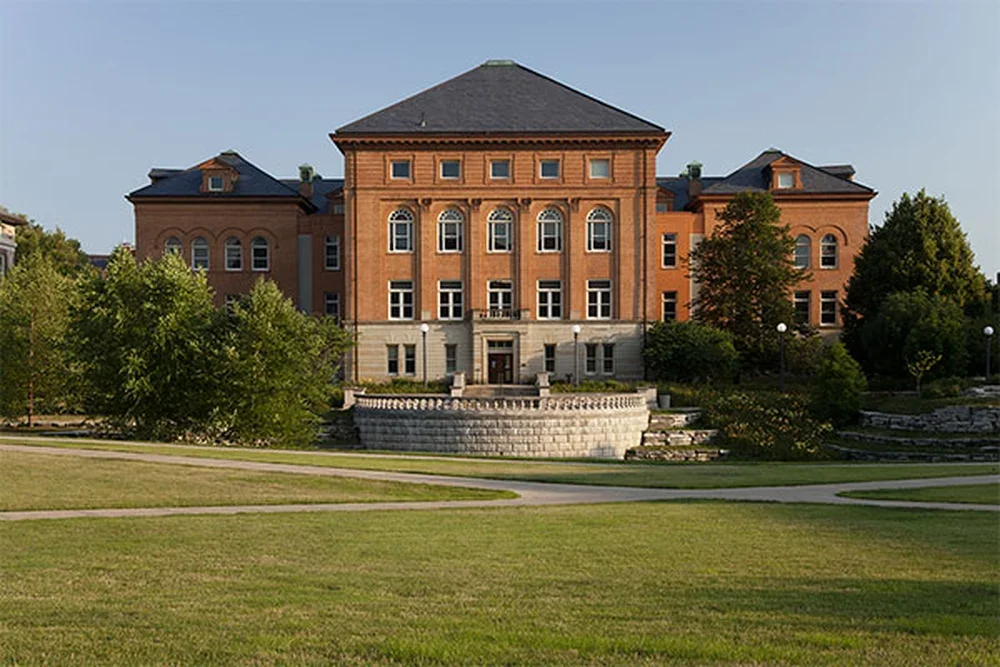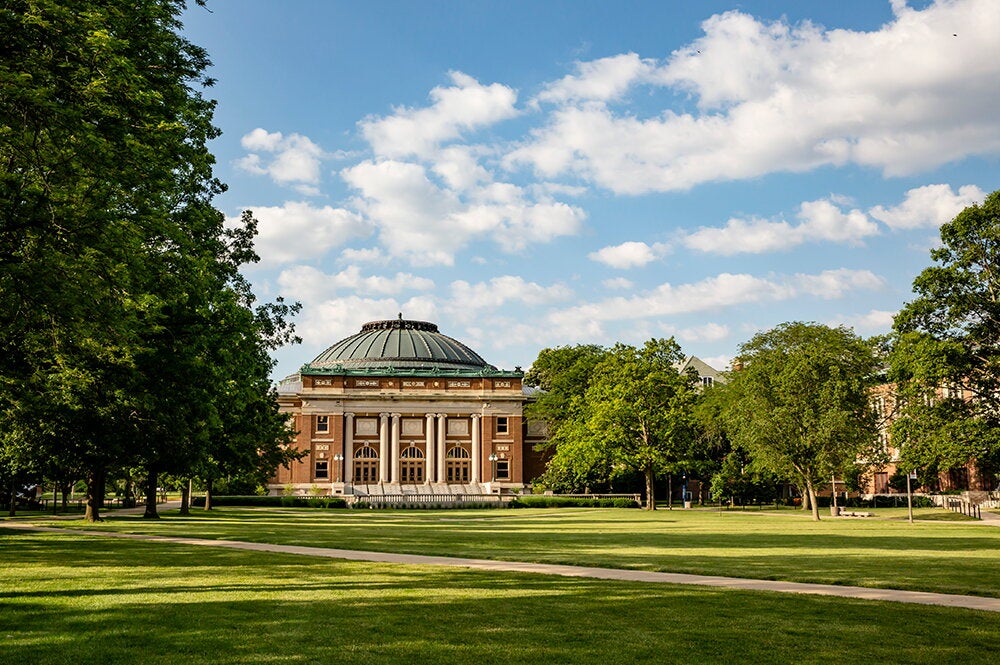
The reason your teenager's legs have suddenly outgrown his bed while his appetite has outgrown your refrigerator's capacity is not as clear-cut as you might think. In fact, anthropologists have as many theories regarding adolescent growth spurts as teens have excuses for not cleaning their rooms.
Humans, apparently, are the only species that go through the dreaded teen growth spurt. We take twice as long to reach adult status as our relative, the ape. From the age of three, when we appear to be top heavy, to 11 when the rest of our bodies catch up with our heads, we only grow a few centimeters a year. Then suddenly, for the next three years, we shoot up like proverbial weeds, at around a dozen centimeters annually. Our height and girth expand by 15 percent.
The long-held theory was that as prehistoric humanoids we needed to grow our large brains slowly. While our brains were marinating it was best to remain small in stature and appetite so other family members would continue to feed and nurture us. LAS anthropology professor Steven Leigh says that theory, and others, still does not explain why our growth rate increases so suddenly at puberty and why the skeleton itself expands so rapidly.
Leigh says many primates have growth spurts in particular body regions that are associated with reaching maturity. This makes sense because by timing short but crucial spells of maturation to coincide with the seasons when food is plentiful, the other primates minimize the risk of being without adequate food supplies while their bodies are growing.
Instead, Leigh says, "It's an adaptation for bipedalism," the need for the ability to walk long distances, that explains teenagers' growth spurts. Leigh says adolescence evolved six million years ago as an integral part of efficient, upright locomotion, and to accommodate our more complex brains. If proficient walking was important for our survival (i.e., evading animals that might view us as dinner), perhaps the teen growth spurt has very ancient origins. Scientists will debate this for quite some time, it appears.
In the meantime, for parents of teens, the watchword is patience. It's just a phase.


